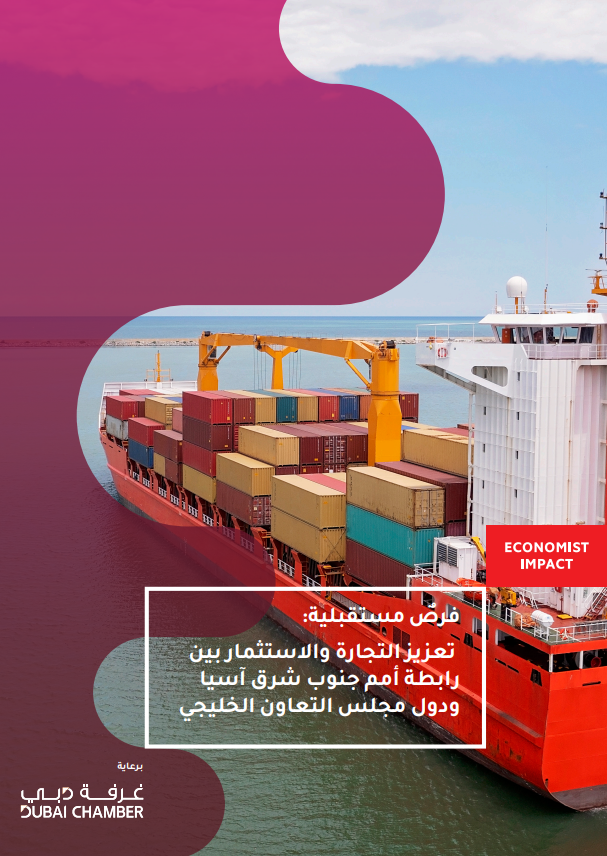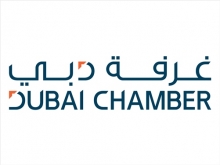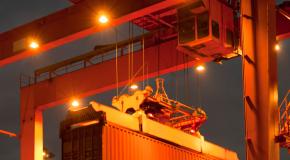The GCC’s pivot to Asia has yielded some strategic partnerships with the region’s giants, including China and India, but the relationship with the ASEAN countries remains underdeveloped. Imports from the ASEAN countries made up just 6% of the GCC’s total imports between 2016 and 2020. Although exports from the GCC to ASEAN have been on the rise, they mainly consist of crude oil and plastic polymers.
This research report highlights areas for deeper collaboration, particularly among ASEAN’s growth sectors of food and agriculture, e-commerce and fintech.
Key findings of the report:
- The digital economy is going to drive growth in ASEAN’s key sectors. In our survey, executives in the following sectors were most optimistic about revenue expansion in 2022: transport and logistics (90%), agriculture and food (90%), retail and e-commerce (87%) and financial services and fintech (83%). The increasing use of digital platforms, from ridehailing and e-commerce apps to blockchain and robo-advisers in financial services, is expected to enhance efficiency and help companies deliver innovative services to businesses and consumers. A higher share of respondents expects a majority of their revenue to be secured through online channels in 2022 (67%) compared with 2019 (26%).
- The GCC and ASEAN regions already have a foundation for future collaboration. In ASEAN, GCC companies have invested in establishing oil refineries and petrochemical facilities but have also ventured into food, e-commerce and financial services. ASEAN companies are active in the GCC’s hospitality and food sectors but also have a small presence in financial services. Lessons learned from these endeavours could enable further expansion.
- There is scope for increasing trade in agricultural products. The GCC relies on the ASEAN region for just 7% of its total food and beverage imports. Given that ASEAN is known for its production of rice, soybeans and tropical fruits, among others, the GCC could explore a wider variety of agricultural products to import. Strengthening transport and logistics links as well as harmonising rules for halal products may enable greater trade in agriculture, food and beverages between the two regions.
- Knowledge sharing in key sectors can provide a framework for deeper collaboration. Regulators aiming to develop the fintech sector in the GCC could learn from progressive regulators in the ASEAN region such as Singapore, for example. Collaborating on the training of halal auditors could facilitate trade in a host of halal products from food to pharmaceuticals.
 |
| Download Arabic Report |





